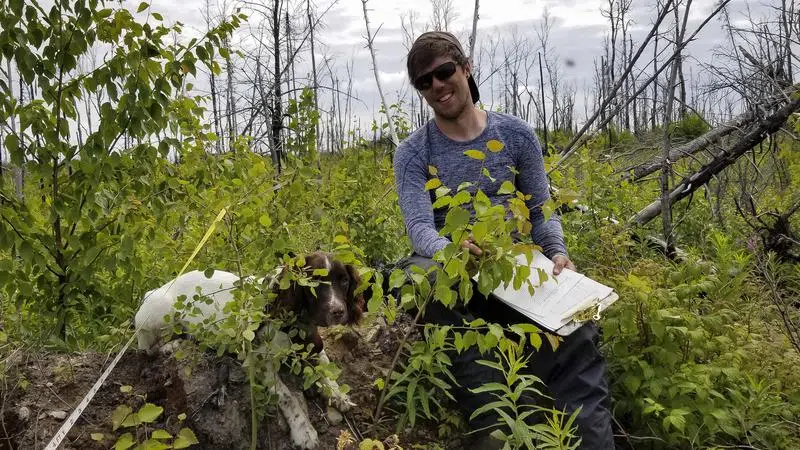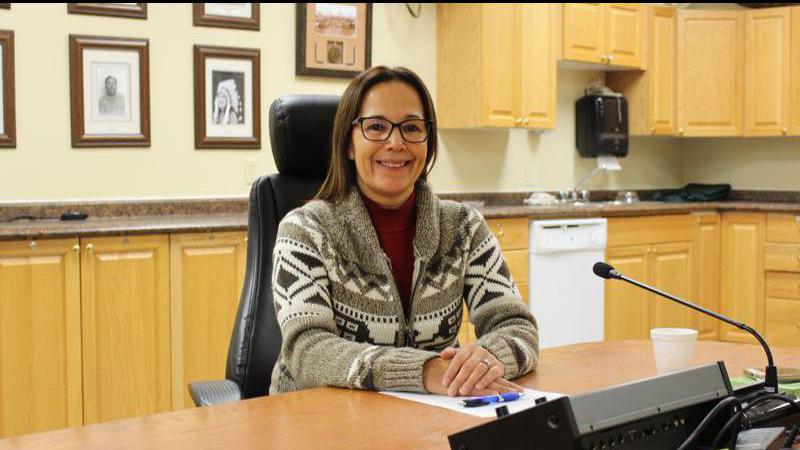
PhD student studies role forest fires play in woodland biodiversity
University of Saskatchewan graduate student Aaron Bell has been travelling throughout Lac La Ronge Provincial Park since May collecting forest fire and biodiversity data.
It’s all part of a PhD study he expects will last up to four years, which will determine the forest fire history on many islands, as well as what beetles, birds and plants thrive there. Bell stated he’s already completed two-thirds of this year’s field season, noting he’s travelled to islands on various parts of the Churchill River, Iskwatikan Lake, Lac La Ronge and Nemeiben Lake. He expects there to be two or three field seasons overall.
“In some ways its building off a little bit with the work I did in my masters back in 2015,” Bell said. “Back then, I was more so interested in how features of an island, like the size and isolation of an island, influence the beetles that inhabited it. Now, we’re adding this additional component, which is the fire history and how that influences things.”
While the age of some forests are easier to determine like the areas affected by the Eli fire in 2015, Bell has been using other techniques like examining the core of trees to determine others. He’s also using several acoustic recording units scheduled to go on and off to record breeding bird data.


